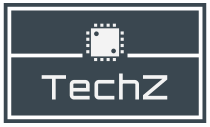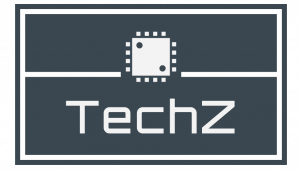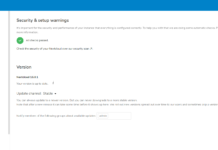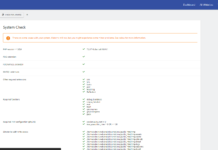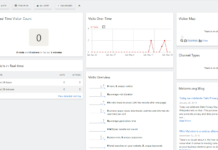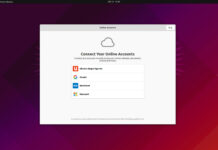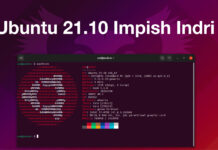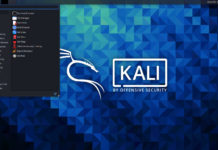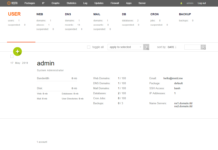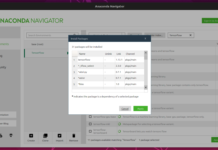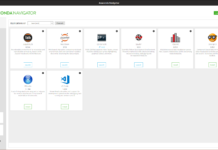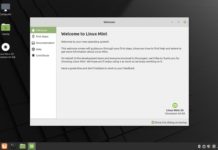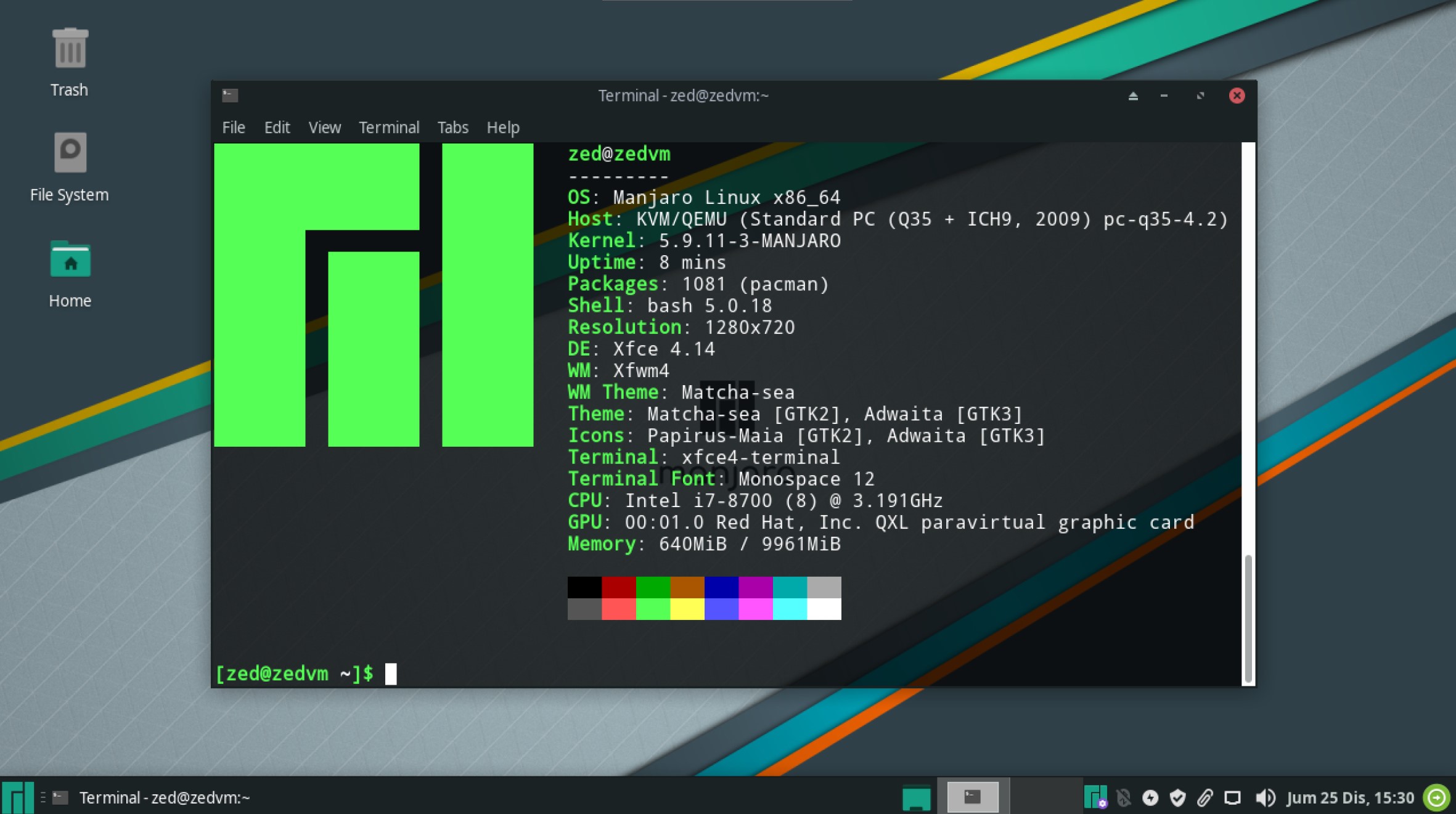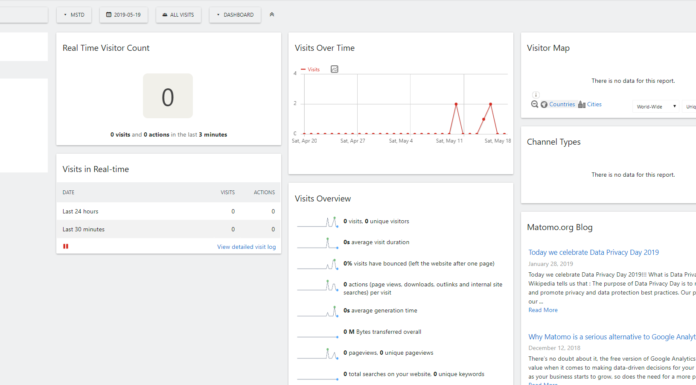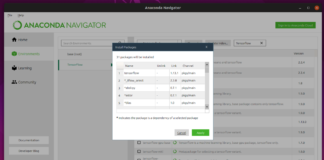A brief intro into Linux;
Linux is an amazing operating system that I wholeheartedly recommend to anyone who isn’t tied down to the windows operating system. Linux distros have come a long way in recent years and can do almost everything that ‘Windows’ can and has many advantages over windows. Today we will go through how to install Manjaro 20.2 in a few easy steps.
Manjaro is an operating system that is very user-friendly, unlike Arch Linux the distro it is based on. With Manjaro you get all the latest cutting-edge software, combined with the stability that Arch Linux provides without all the unnecessary hassle. Installation can be done using a graphical interface, thus making it suitable if you are a newcomer to the Linux ecosystem.
Let’s get started; Install Manjaro 20.2:
Step 1: Create a USB installer
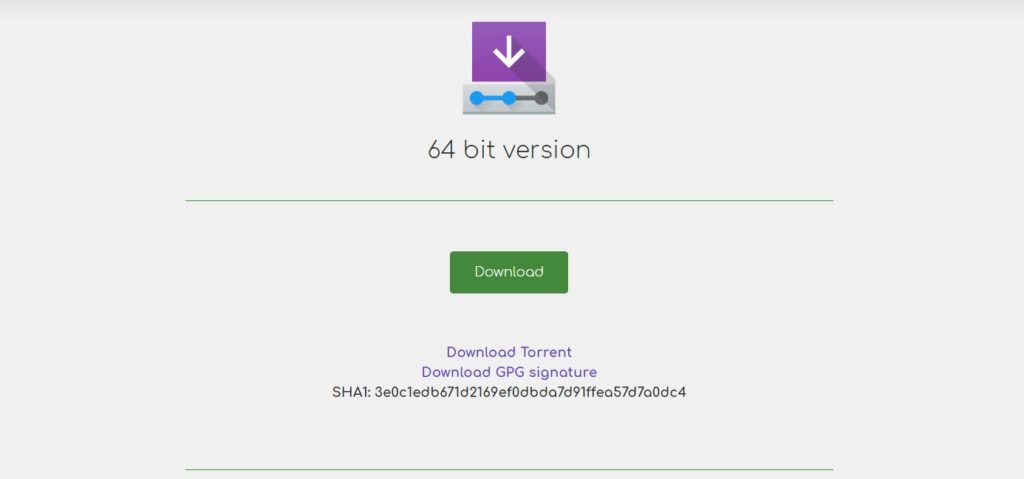
First thing is first, you are going to need to boot into a USB installer to start the installation process. This involves two parts; first, download a copy of Manjaro 20.2 from their Official Website. There are two versions of the ISO, one is for the full installation, the other minimal. For this guide, we will be going with the full installation of Manjaro.
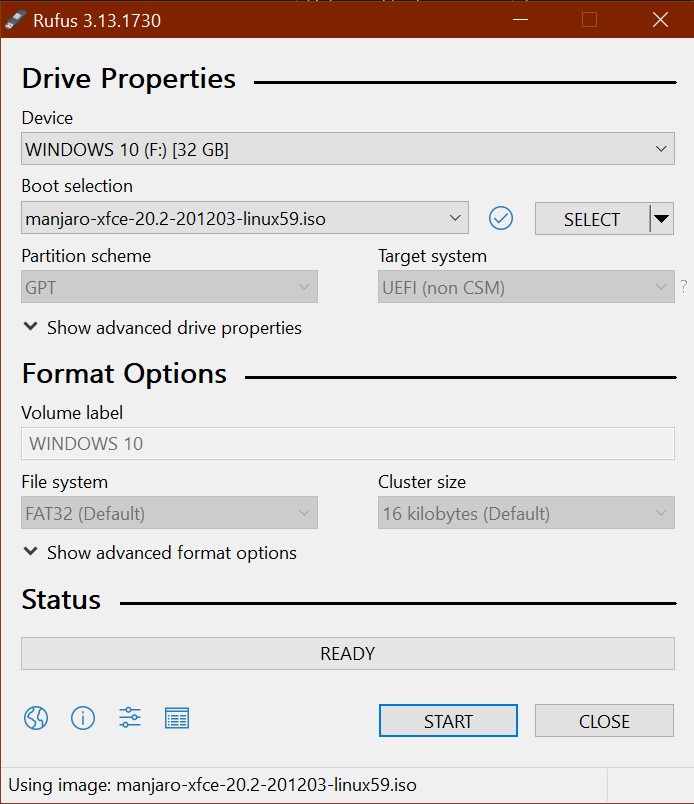
Then download Rufus which is the tool you will need to create your USB installer with a few simple clicks. Click here to download version 3.13 of Rufus or go to Rufus.ie and download the latest version.
Step 2: Boot to the USB drive
Make sure you recently created USB installer is plugged into the computer you would like to install Manjaro 20.2 into then power it on and as it boots continuously tap either the F10 or F12 (depends on your computer) function key on your keyboard to enter the boot menu then choose your USB drive to boot into.
Step 3: Start the installation
The Manjaro USB installer unlike many Linux distro’s does not come with a version of the operating system already installed on the USB drive called “live USB”. If you would like to run Manjaro as a live USB you will need to create a bootable USB from the live ISO available on the Manjaro Downloads page.
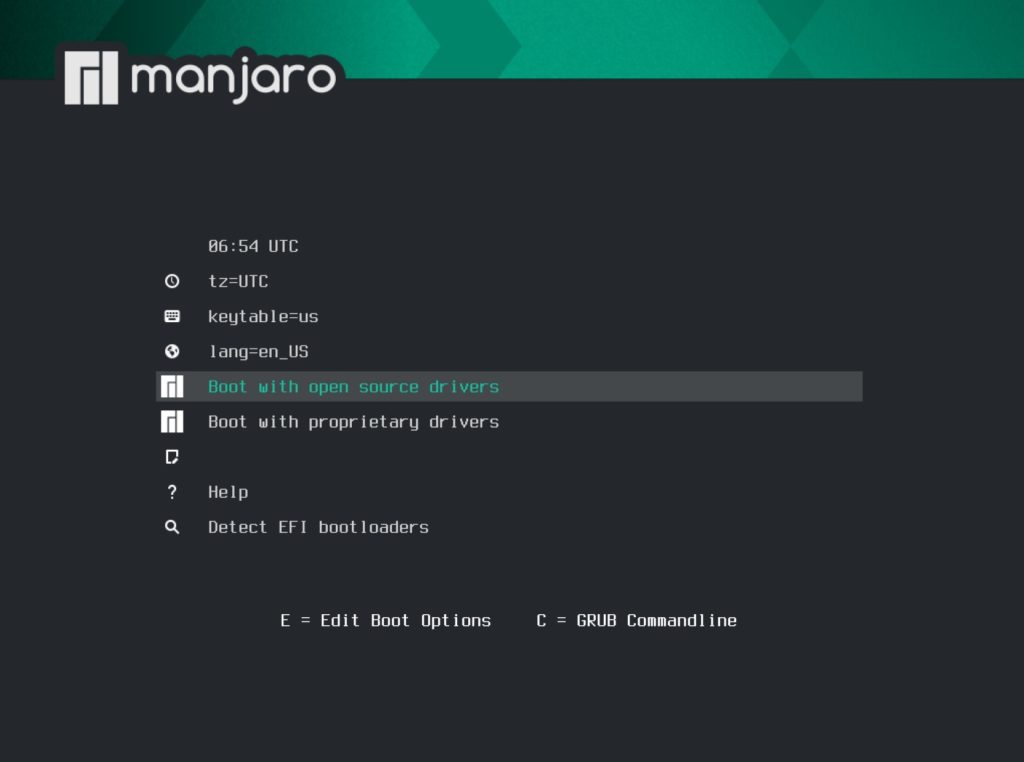
Now you are given the option to boot with either the open source or proprietary driver. If you have an Nvidia graphics card, you can choose “Boot with proprietary drivers” to get started; otherwise, select the “Boot with open source drivers” option.
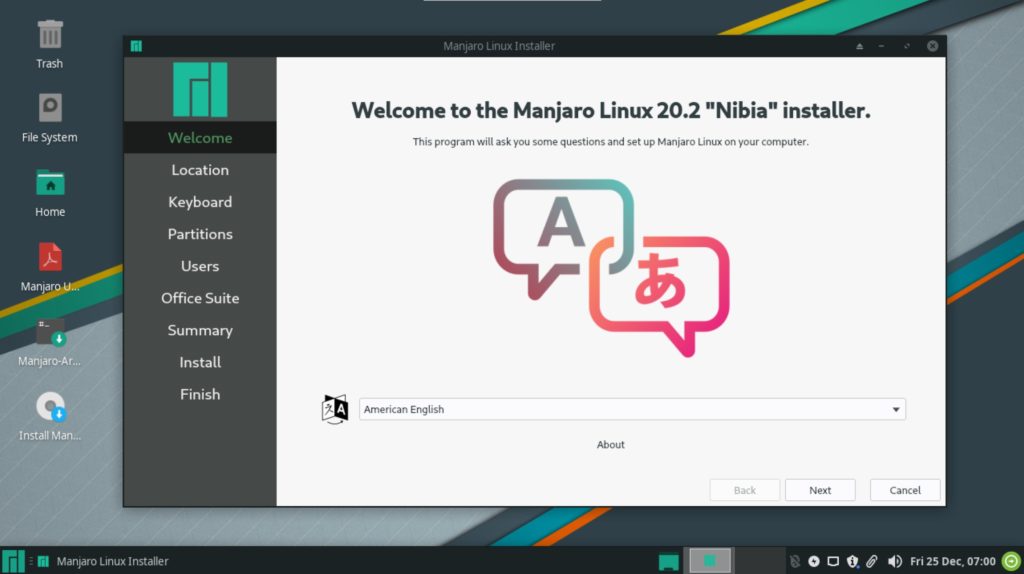
Next, pick your desired language and click continue. Then choose your location before you continue; then choose your keyboard layout and go through any other options you are prompted with.
Step 4: Partition the Drive
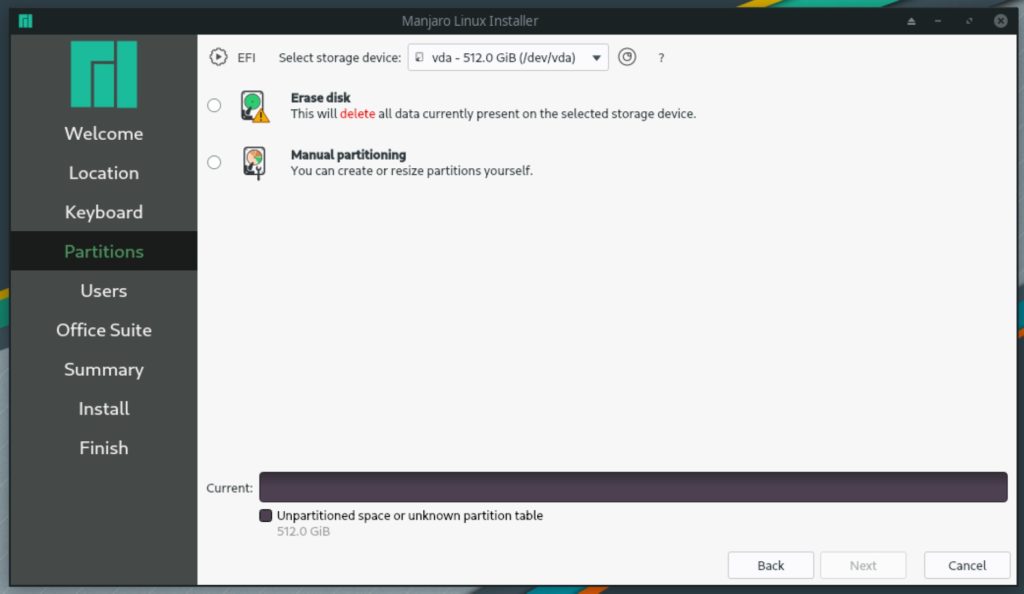
Here you may choose partition options and you may choose to enable and configure whole disk encryption or manually customize your partitions to your own liking. For most people, the default options are probably going to be just fine. Select the option to “Erase Disk”. Then choose the appropriate swap file you would like. Once done, click “Next” to continue.
Step 5: Choose some options
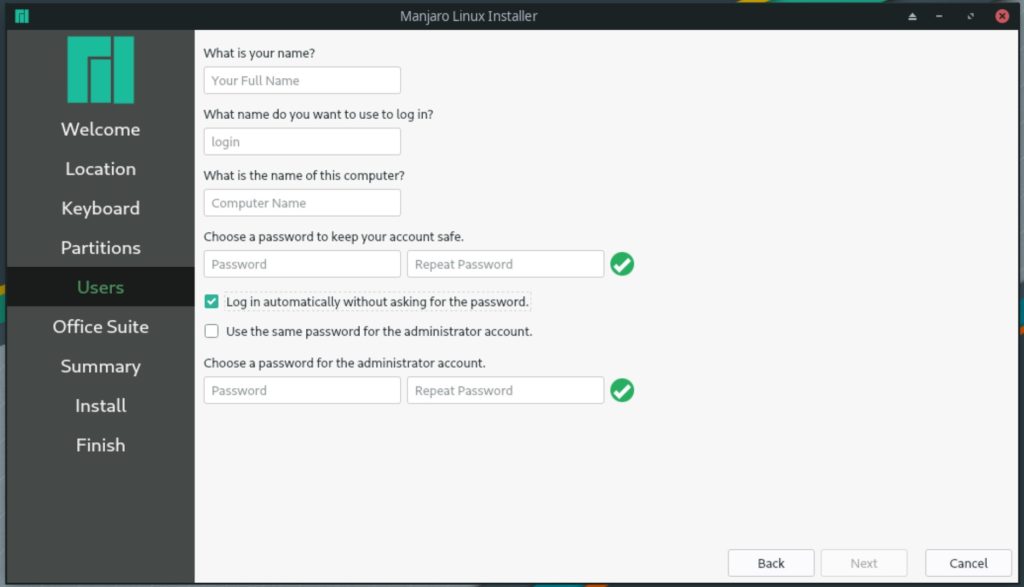
Moving forward, enter your desired username and password as well as a name for the computer. Do choose a complex password to keep your device secure. You can also choose to enter a separate password for your administrator account or use the same password as the user you are about to create.
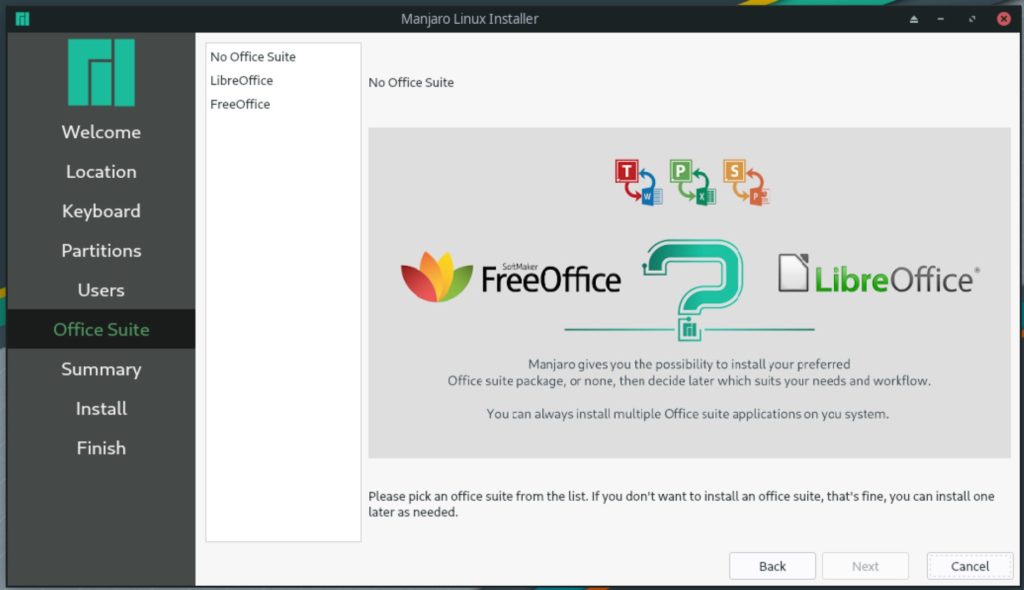
In this option you can choose if you would like to pre-install an Office Suite. Personally I use OnlyOffice so I will be selecting “No Office Suite”, but you can go with your favorite option.
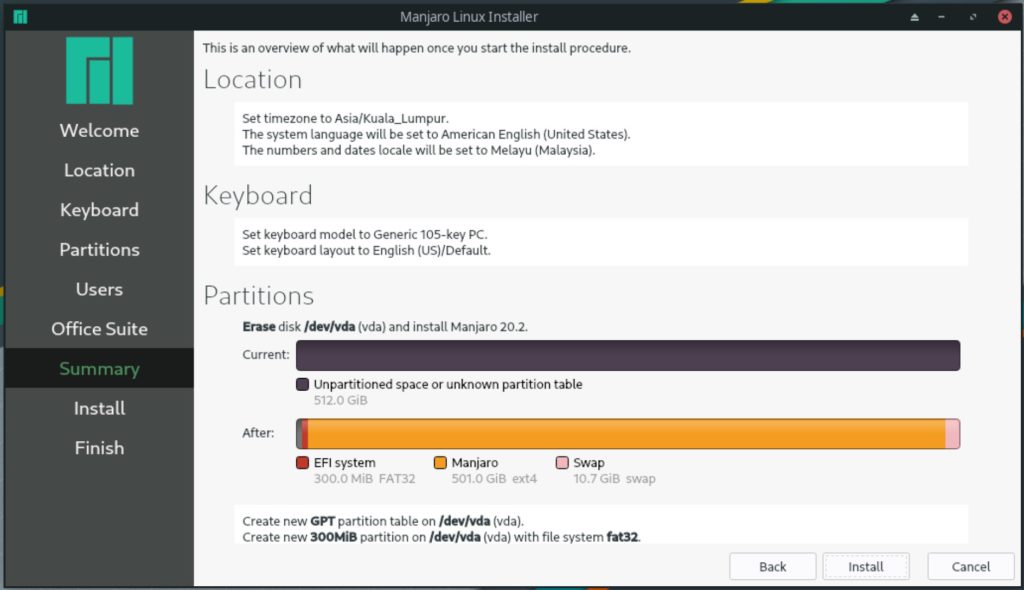
Before the installation begins, you are presented with a summary of the options you selected. If all is in order, you can click “Install” to begin. Click “Install now” to confirm your choices.
Step 6: Finalize the Installation
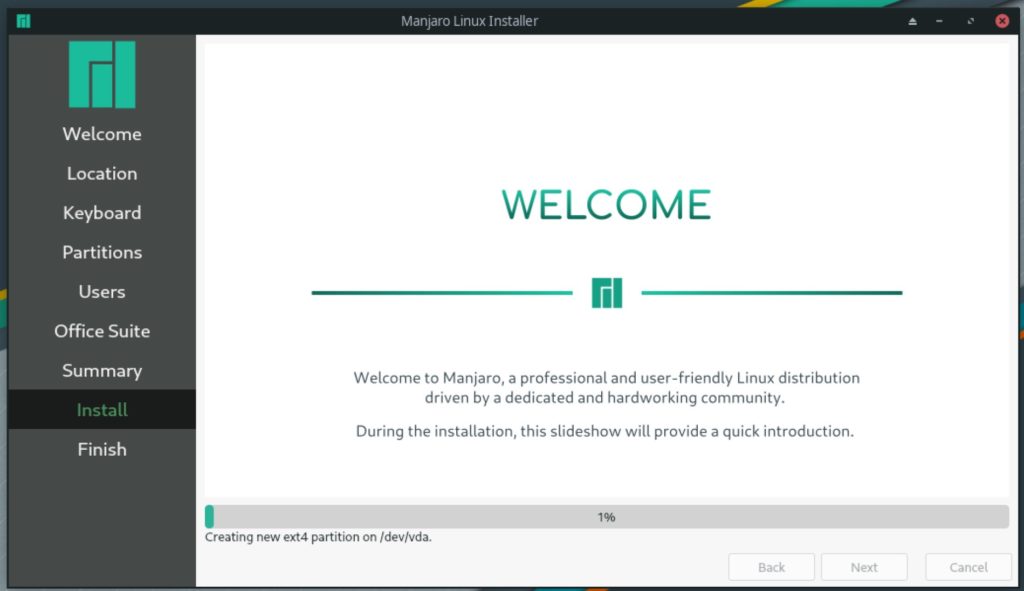
Your installation has begun now, note that this will take several minutes depending on how fast your system is, so grab yourself a drink;
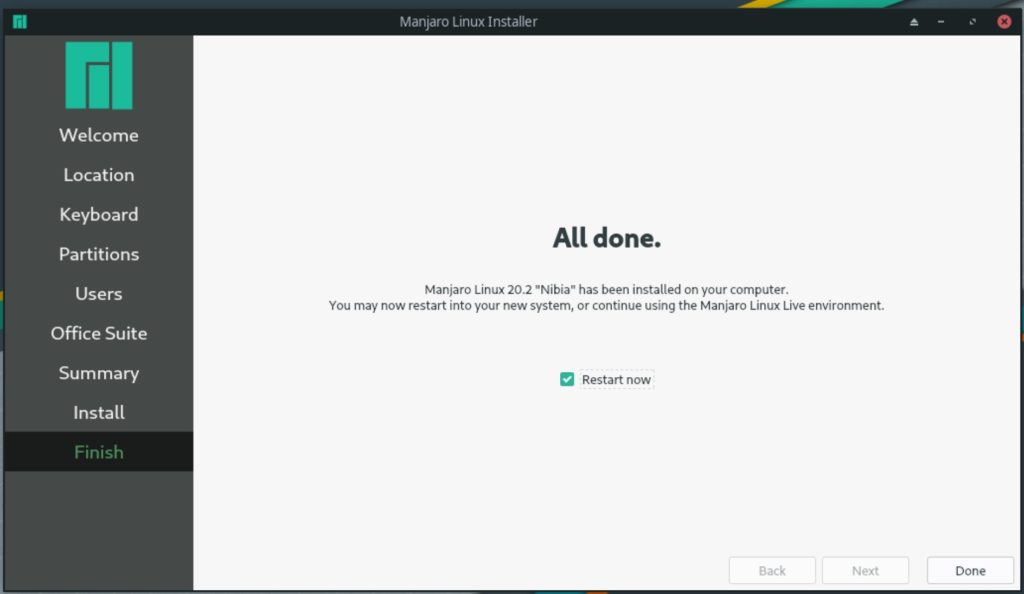
You’re all done with your installation now, if you want to continue exploring the live USB before you restart you can click “Done” to exit the installer. If you would like to restart when you exit the installer make sure to check the “Restart now” box before you click “Done”.
Welcome to your Desktop;
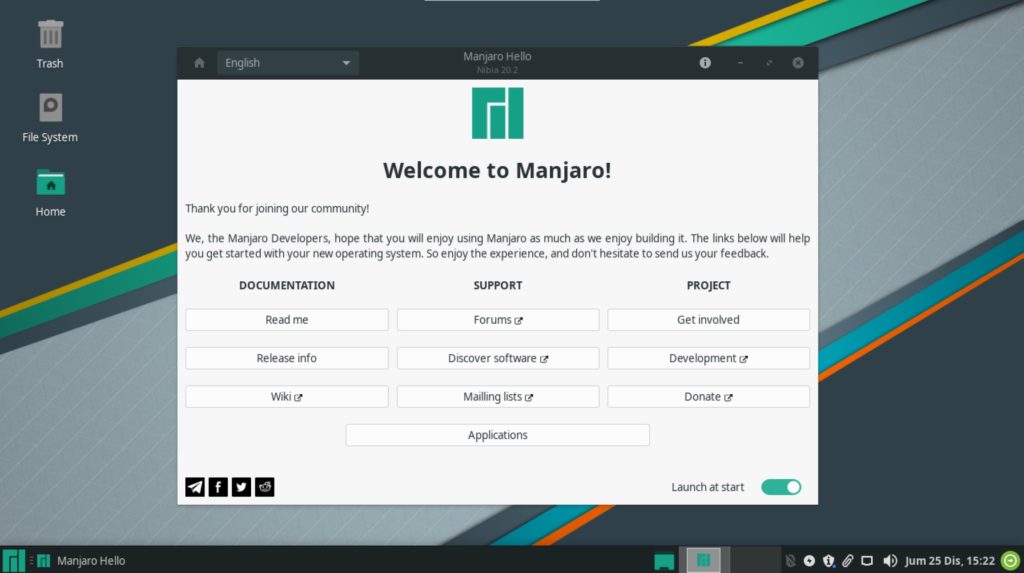
Congratulations, and welcome to your new Manjaro 20.2 installation. There are a few links on the welcome prompt if you would like to explore. If you are done now, feel free to close the prompt.
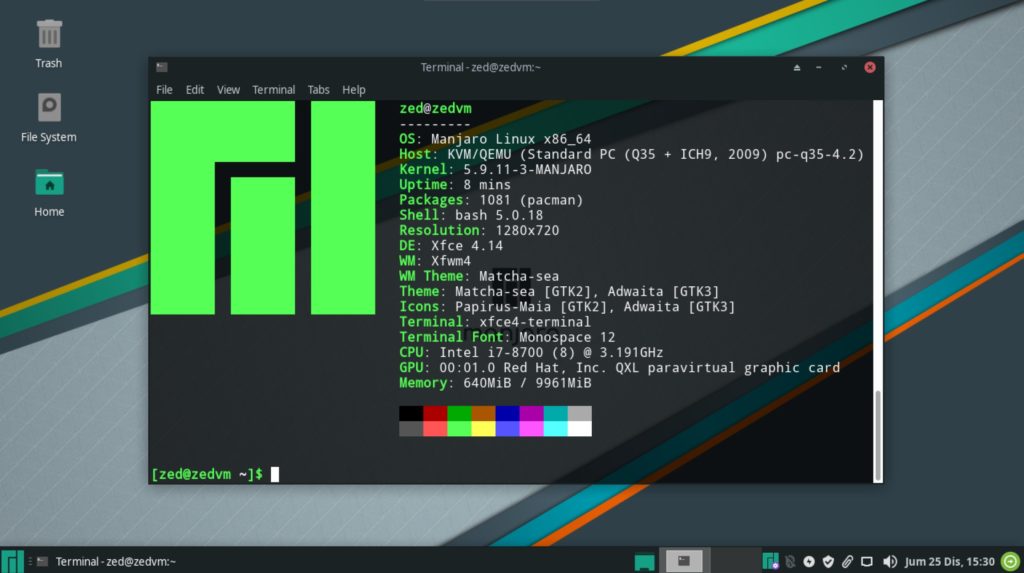
You have completed the installation and initial setup. You now know how to install Manjaro 20.2. Feel free to explore your latest Manjaro installation and drop a comment below about what you think of Manjaro.
